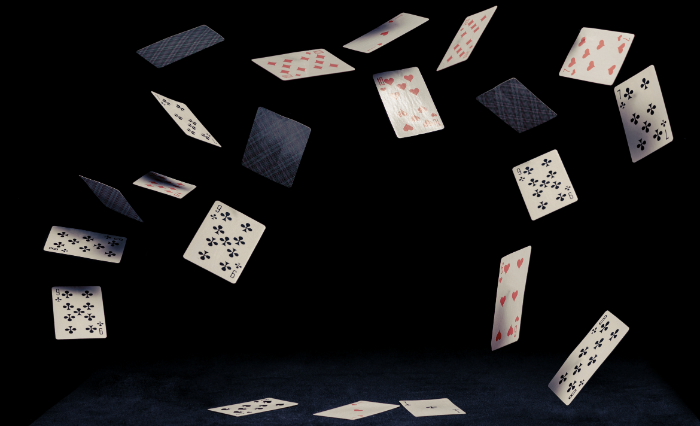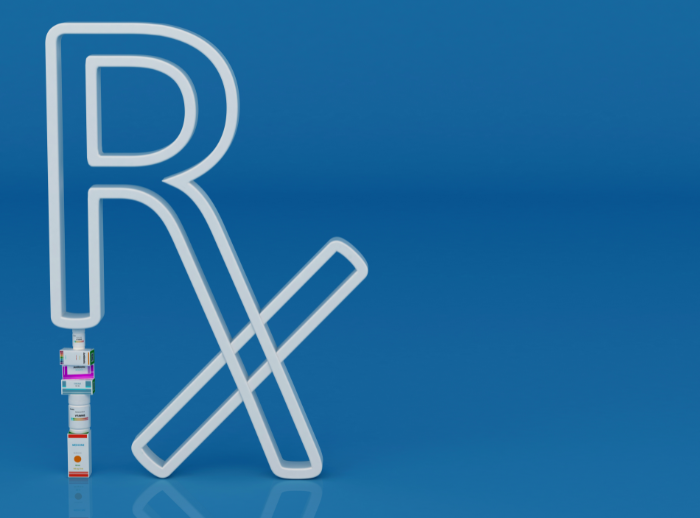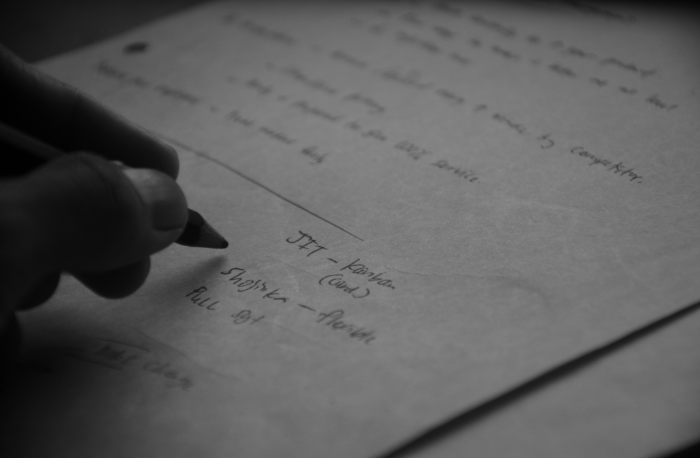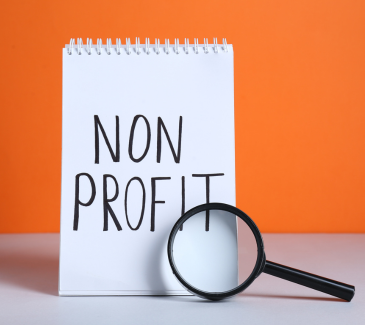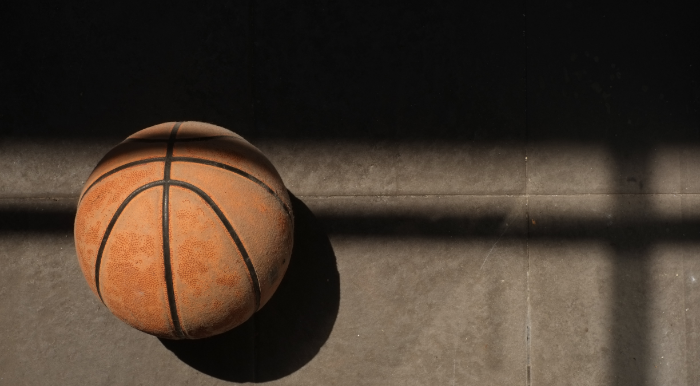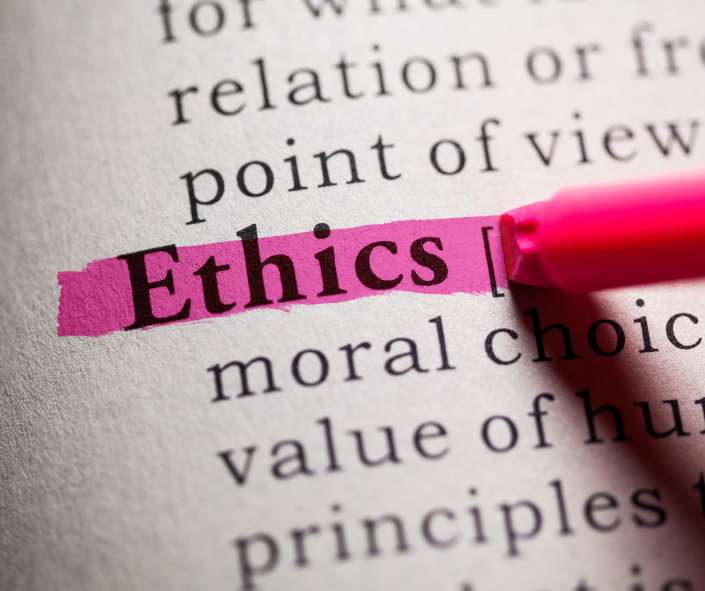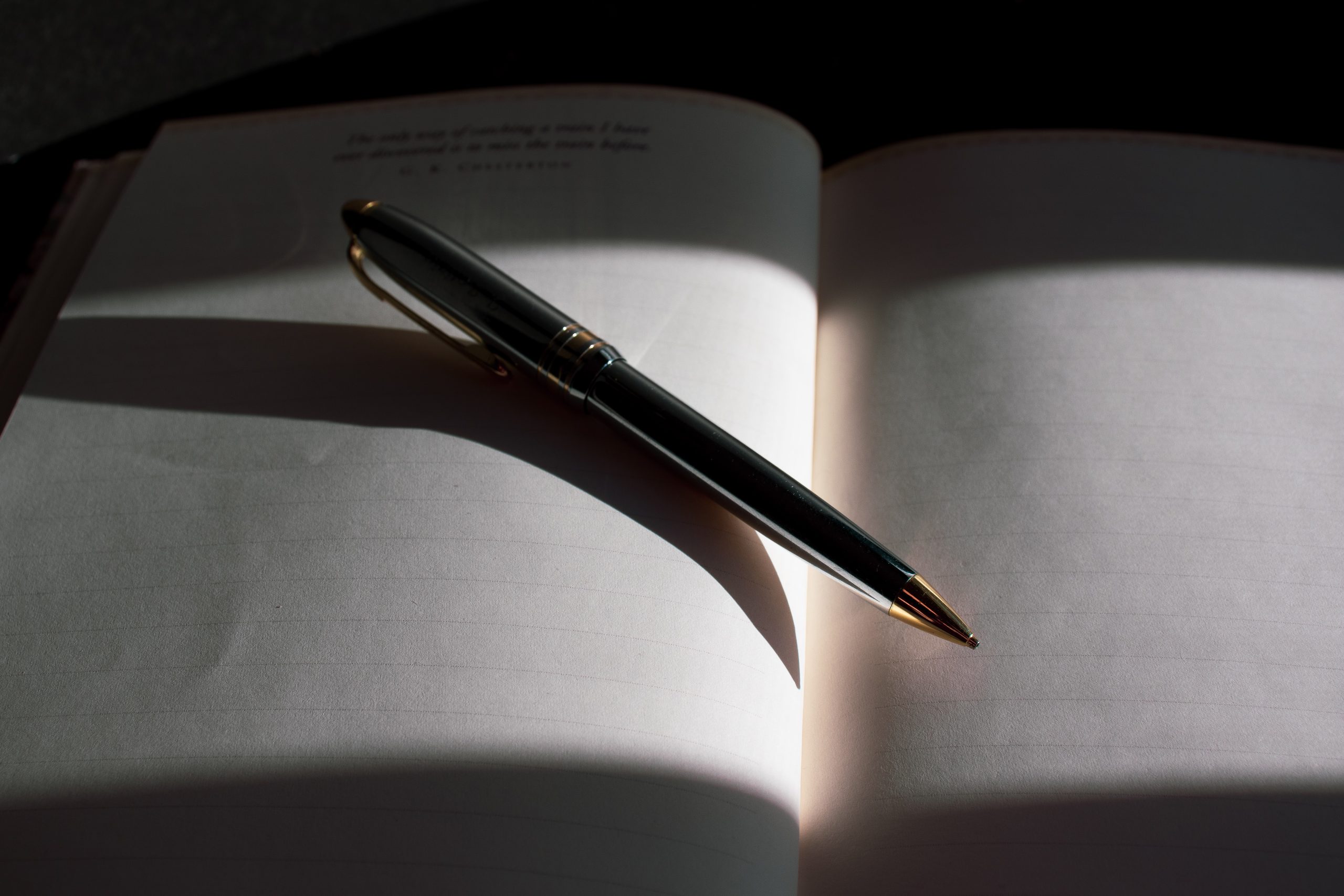True professionalism is not measured by how loudly we defend ourselves, but by how quietly we uphold our integrity when under attack.
When the Crowd Turns
In every profession, there comes a moment that tests more than skill. It tests character. Recently, a respected colleague of mine—a seasoned grant professional admired for her ethics and intellect—faced such a moment. After decades of excellence in her field, she accepted an invitation to consult with a company developing artificial-intelligence software to assist in researching and writing grant proposals. Who better to guide such a tool than someone who has written, edited, and mentored others through hundreds of successful grants? She brought expertise, integrity, and a desire to ensure that technology would enhance—not replace—the thoughtful human craft behind every proposal. But instead of applause, she faced outrage.
The Backlash
The attacks began quietly—a few barbed comments, a few whispers. Then they grew louder: accusations of betrayal, of ‘selling out,’ of ‘aligning with the enemy.’ Colleagues who had once praised her now condemned her. Civility gave way to cruelty. Yet she did not argue, retaliate, or issue a defense. She disengaged—quietly, calmly, completely. She refused to be provoked.
Strength in Restraint
In a world addicted to reaction, silence can appear weak. But real strength often reveals itself not in what we say—but in what we choose not to say. Vernon Howard, the late teacher of practical psychology and spiritual growth, wrote: ‘You cannot stop destructive actions by others, but you can stop your own destructive reactions to them.’ To respond to provocation is to accept its terms. To argue is to fight on the attacker’s field. Instead, she chose higher ground—not because she lacked courage, but because she possessed it. Her silence wasn’t submission. It was composure.
The True Test of Professionalism
A profession is defined not just by skills, but by behavior. Leadership author John Hennessy, in ‘Leading Matters: Lessons from My Journey,’ notes that ‘humility and authenticity are the bedrock of leadership.’ True leaders don’t seek to win every argument; they seek to live every value. My colleague’s restraint embodied that principle. Similarly, Lauren Stiller Rikleen, in ‘The Shield of Silence,’ writes that power often sustains itself through aggression and noise. Those who refuse to play that game disrupt it. My colleague’s quiet departure denied her critics the spectacle they wanted and reaffirmed her autonomy.
Fear Masquerading as Loyalty
When a community attacks one of its own, what is really being defended? Too often, the answer is fear—fear of change, fear of loss, fear of irrelevance. Fear can masquerade as righteousness. But righteousness without reflection becomes cruelty. Professions evolve. AI may alter our tools, but not our ethics or empathy. The point of engaging with innovation is to guide it responsibly.
The Courage to Walk Away
Howard observed: ‘Our freedom can be measured by the number of things we can walk away from.’ When attacks turned personal, my colleague didn’t gather allies or draft statements. She walked away. Walking away is not retreat; it’s recognition that some battles cannot be won—and should not be fought.
Silence as Strategy
A Psychology Today article, ‘The Power of Silence in Leadership,’ reminds us that silence can be strategic—it de-escalates tension and ‘creates space for wisdom to surface.’ That is precisely what my colleague did. Her quiet dignity may accomplish more for the profession than any rebuttal ever could. Leadership sometimes whispers when others shout.
Lessons for Every Professional
Her story transcends grant writing or AI—it’s about how we conduct ourselves amid provocation.
1. Don’t react to every provocation. Reaction binds you to the aggressor.
2. Remember your core values. Integrity is not situational.
3. Understand fear in others. Criticism often masks insecurity.
4. Choose your battles. Not all fights are worth your energy.
5. Model professionalism. People remember grace under fire.
Beyond the Noise
Progress always faces resistance. When calculators appeared, some teachers rebelled. When computers entered the office, some predicted disaster. Yet each innovation endured because someone dared to engage rather than condemn. Perhaps one day, those who scorned her will rely on the very tools she helped refine.
The Final Word
Credentials or committees don’t prove professionalism—it’s proven under pressure. As Vernon Howard said: ‘The problem is not what other people think, do, or say; it is your reaction.’ By refusing to react, my colleague chose peace over provocation. She reminded us that the mark of a professional isn’t in winning the argument—it’s in keeping one’s dignity intact. True professionalism is not about noise. It’s about poise.















